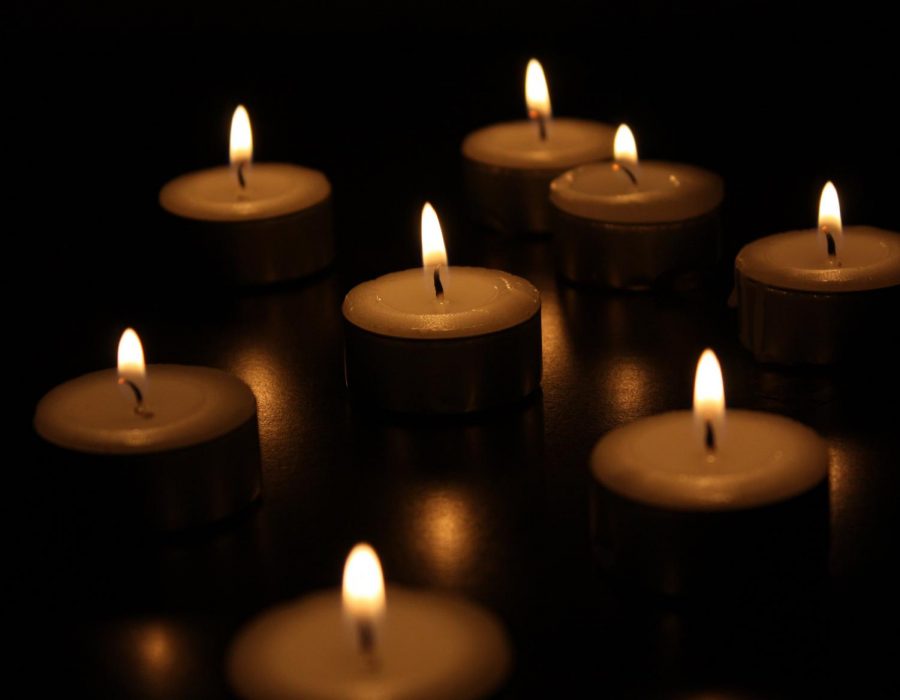On Christchurch & stochastic terrorism
Opinion columnist Mohammad Rawwas discusses the recent tragic shooting in Christchurch, New Zealand and the link it has to stochastic terrorism.
Apr 1, 2019
On March 15, 2019, a white supremacist terrorist attacked two mosques in Christchurch, New Zealand, killing fifty and injuring another fifty. From reading his manifesto that was released online, we might view this as an exercise in white fragility. While the right often decries the left for being weak and emotional, the manifesto paints a different picture, of a man falling to tears at the sight of brown people existing in France and in his near vicinity. While there certainly is some truth in this analysis, it ignores the broader context at play.
Others might regard this act as evil, but this does nothing but obfuscate from the conditions that caused such an ideology to develop. To call the terrorist “evil” is to claim that events such as these are inevitable. After all, you can never get rid of evil. It is inherent to the individual. Paradoxically, it both removes agency from the actor by making the act an outgrowth of some immutable characteristic of theirs, and erases the surrounding context of the society that created such a man. The reality is that “evil” does not exist at all.
The purpose of this piece is to actually acknowledge the broader context that brought this act to fruition. But first, we must discuss terrorism. The traditional view of terrorism is that in which acts are committed by terrorist groups, such as ISIL. This is often contrasted with “lone wolf” acts, in which an individual supposedly commits an act of terrorism of their own volition, independently of any terrorist organization. Especially in the modern age, the “lone wolf” model has become outdated and outright misleading. The reality is that these so-called “lone wolves” are nothing of the sort.
Enter stochastic terrorism. The central thesis of this model is that political commentators with massive platforms and hundreds of thousands or millions of followers can push certain ideological narratives towards their followers, with the probable result of causing at least a tiny percentage of their followers to act on their ideological convictions. This structure replicates that of a terrorist organization, just in a slightly different form. One example of this is former Fox News anchor Bill O’Reilly, who ran forty-two separate segments on a single abortion doctor, George Tiller, nicknaming him “Tiller the baby killer” on at least twenty-four occasions on his television program, until someone took it upon themselves to assassinate Dr. Tiller. Bill O’Reilly here acts as the stochastic terrorist, energizing his followers into action.
Another obvious example of a stochastic terrorist is Donald Trump. According to FBI statistics, hate crimes have surged since Trump’s candidacy and presidency. A recent statistical analysis reports that hate crimes increase by 226 percent in counties that host Trump campaign rallies, directly after they occur.
This brings us back to Christchurch. In addition to praising Donald Trump for being a symbol for white nationalism, the shooter also cites Candace Owens of the “libertarian” (read: fascist) Turning Point USA as an influence. Regardless of the facetiousness of the manifesto, it is undeniable that right-wing propagandists that spread Islamophobic and hateful messages have contributed to the political climate in which gunning down fifty innocent Muslims can be considered justified by anyone. For example, Ben Shapiro, the right’s favorite sophist, has stated, “Israelis like to build. Arabs like to bomb crap and live in open sewage.” He has also stated that “The Arab-Israeli conflict may be accurately described as a war between darkness and light. Those who argue against Israeli settlements—outposts of light in a dark territory—argue for the continued victory of night”, claiming that Arabs “value murder” while Israelis “value life”. He has referred to Palestinian Arabs in specific as a “population rotten to the core … Palestinian Arabs must be fought on their own terms: as a people dedicated to an evil cause,” and continues that the “Arab Palestinian populace … by and large constitutes the most evil population on the face of the planet.” This is not some fringe far-right figure, but rather one that is accepted by the mainstream right, with over 2 million followers on Twitter. How long before one of those 2 million decides to take Shapiro’s rhetoric to its only logical conclusion? What might you be willing to do if you thought someone legitimately valued murder and was the most evil person on the face of the planet? In fact, the Quebec mosque shooter who killed six people in early 2017 was a fan of Ben Shapiro, and Ben Shapiro’s Twitter page was his most frequented, checking it 93 times in the month leading up to the shooting, according to The Washington Post.
To be unambiguously clear, this piece is explicitly anti-free speech. However, the reality is that no one actually believes in free speech. No one is horrified that the US government takes down online ISIL propaganda. No one invokes slippery slopes of mass censorship, or fearmongers about government overreach, or has paranoid delusions about the death of free speech and the first amendment. We all collectively recognize that ISIL is a terrorist organization, and that having terrorist propaganda online will inevitably cause people to be recruited by ISIL, which leads to increased acts of terrorism. All that is being asked is that this simple concept is applied universally, which means de-platforming stochastic terrorists. The fact that stochastic terrorists make up the majority of right-wing commentators is not my problem. No one forced them to spew vitriolic hatred that inevitably encourages violence against minority groups. It is time to take responsibility for the consequences of your actions. Is it not the Republican Party, after all, that is the party of personal responsibility?








